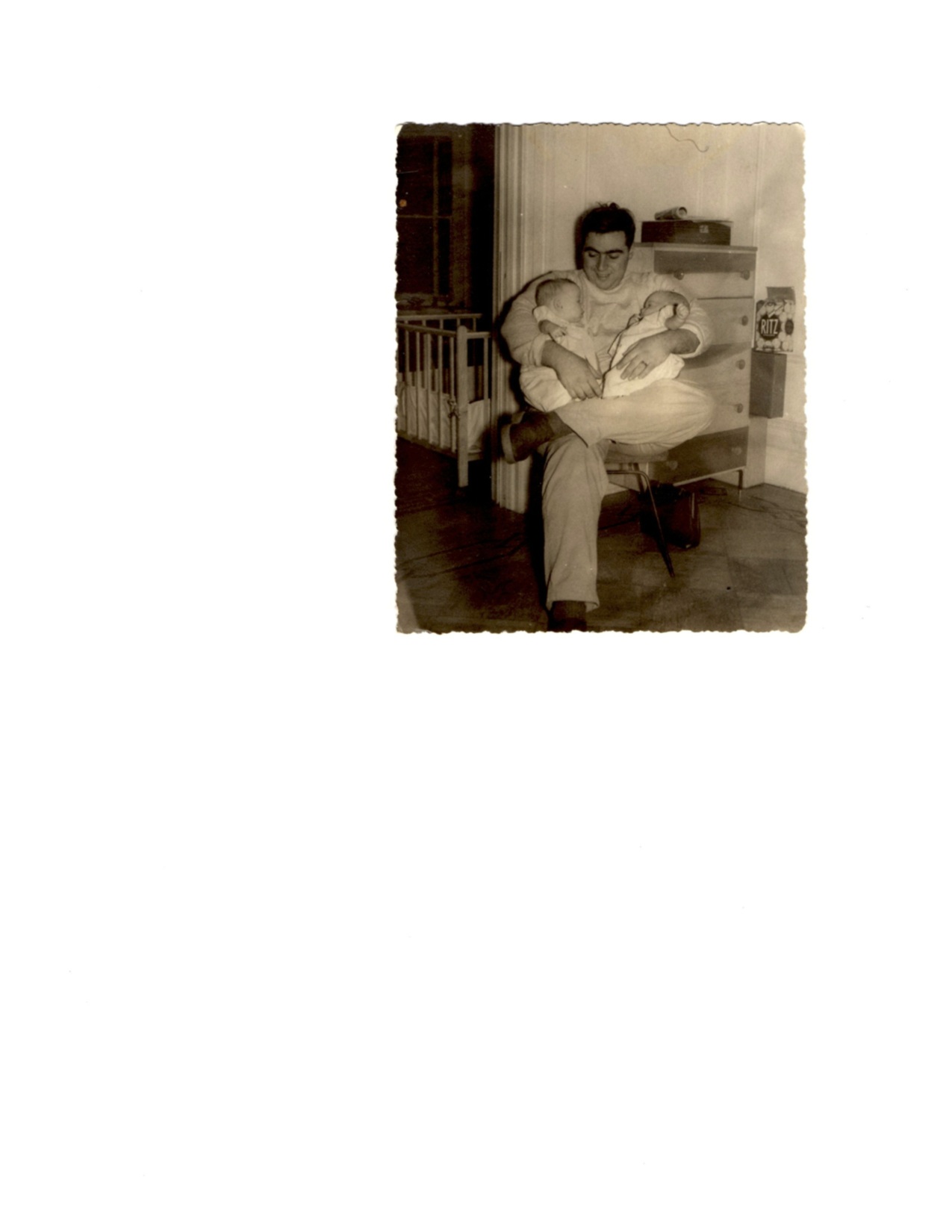![provided by the National Photo Company [Public domain], via Wiki Commons provided by the National Photo Company [Public domain], via Wiki Commons](https://www.opednews.com/populum/visuals/2013/03/2013-03-3066-500-Images-populum_uploaded_742px-women-27s_international_le-3066-20130308-44.png)
provided by the National Photo Company [Public domain], via Wiki Commons
(Image by International Women's Day in the United States, Author: See Source) Details Source DMCA
Violence against women still runs rampant around the world.
"A WHO multi-country study found that between 15--71% of women aged 15- 49 years reported physical and/or sexual violence by an intimate partner at some point in their lives."
More can be found on worldwide violence against women here and here . Statistics on sexual assault in the U.S. can be found here , including that:
"1 out of every 6 American women has been the victim of an attempted or completed rape in her lifetime (14.8% completed rape; 2.8% attempted rape)....
17.7 million American women have been victims of attempted or completed rape....
9 of every 10 rape victims were female in 2003...."
In addition, anecdotal evidence show women as victimized as ever, with recent stories such as the shooting of young activist Malala Yousafzai; the infamous gang rape and murder of a woman in India - where gang rape is common and women are often pressured to marry their attackers; finally, the high profile murder of a model by a famous athlete in South Africa almost obscured the rape and mutilation of a girl in the same country, which the model herself had planned to protest.
A few years ago, The Nation Magazine contributor Katha Pollitt asserted a direct correlation between the size of the average woman's paycheck, and women's general political clout:
"... women's social, economic and political power is directly related to their presence in the workforce. The gains of the last forty years--in political representation, reproductive rights, education, combating violence against women--would never have happened without the steady and massive increase in the number of working women and the transformative effects of all those paychecks."
Pollitt and other followers of this view must have been surprised by the War on Women of campaign 2012, characterized by an unprecedented number of state initiatives to deny women health care and the dignity of control over their own bodies, in addition to a penchant by the Republican party for disgusting comments trying to minimize the seriousness with which we approach rape.
The work of feminist legal scholar Catharine A. MacKinnon points to the folly of following what Selma James put so succinctly as the "myth of liberation through work." To James, women already work plenty, both in and out of the home. MacKinnon points to the legal system's tendency to refuse to apply question of equality between men and women to situations that are not essentially the same. That means that we can ask whether men and women are treated equally only when they are found together in the workplace. The side effect of this approach, is that we obscure the obvious differences: pregnancy, breast-feeding, child care, that are not found equally. So, even as women continue to support the work of their male counterparts through the unpaid and uncounted work, this cannot be factored into issues of equality, since men and women do not find themselves in identical situations outside of the workplace. (As I've written elsewhere , economist Marilyn Waring has added her considerable expertise to this discussion.)
Sure, it's great that we have female Secretaries of State, and Supreme Court Justices. But it is not enough to limit ourselves to looking at women when they do the same things men do. As long as we obscure the aspects of women's lives that are not easily counted, quantified and compensated, we will wonder why women fail to achieve equality. We need to look at the totality of women's lives, and their contributions to global economies, in order to make a dent in women's worldwide suffering.
|
Rate It | View Ratings |
Amy Fried applies her Ph.D. in Organizational Behavior to writing and activism on church-state separation, feminism, reproductive rights, corruption, media and veganism.

OpEdNews depends upon can't survive without your help.
If you value this article and the work of OpEdNews, please either Donate or Purchase a premium membership.
If you've enjoyed this, sign up for our daily or weekly newsletter to get lots of great progressive content.
| No Such Thing as a Board Certified Feminist (Article) ((View How Many People Read This)) | 12/03/2013 | |
| Why Disability is a Feminist Issue (Article) ((View How Many People Read This)) | 11/04/2013 | |
| Race & Gender Through Generations of Feminism: My Response to Amanda Marcotte (Article) ((View How Many People Read This)) | 08/02/2013 | |
| View All 33 Articles in "Feminism" | ||
Most Popular Articles by this Author: (View All Most Popular Articles by this Author)
What Erectile Dysfunction Ads Say About Our Culture and Our Health
Why Disability is a Feminist Issue
What Makes a Good Leader?
Confessions of a Junk Food Vegan
Old Enough to be Raped
FILM REVIEW: Half the Sky: A Must-See Problem, A Flawed Solution
To View Comments or Join the Conversation:




